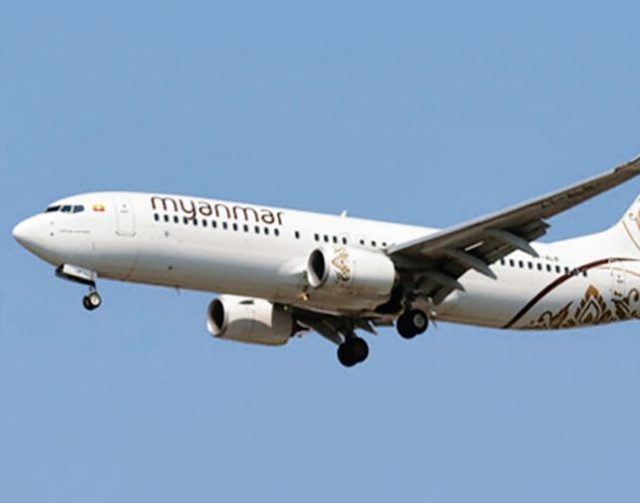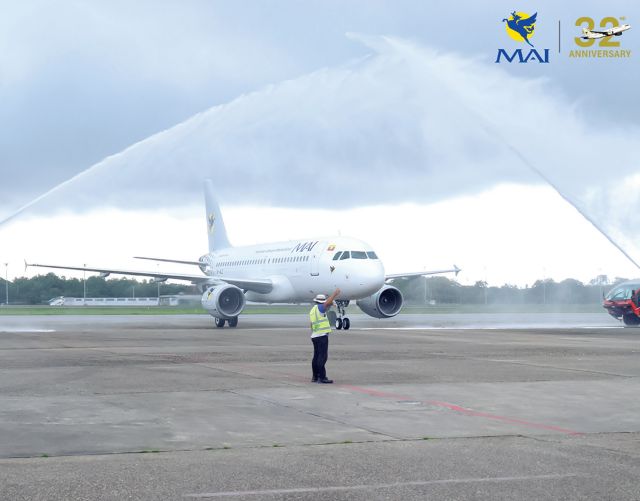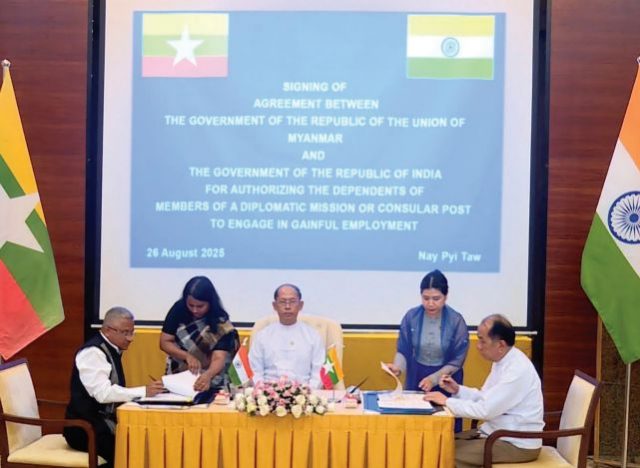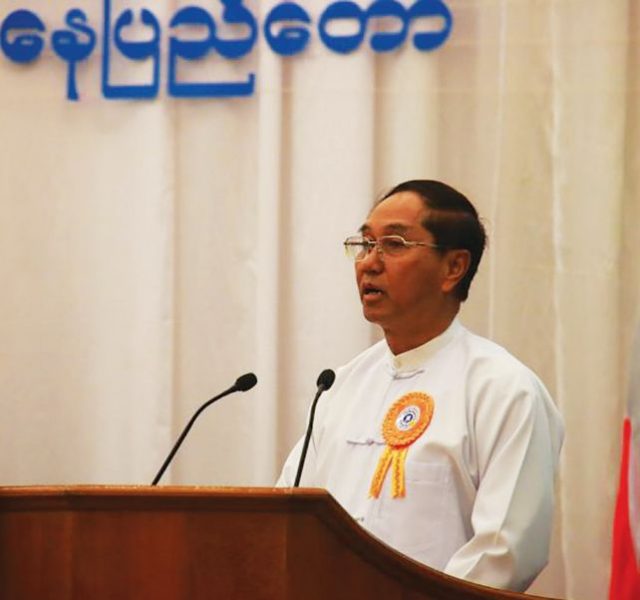China and India Supporting Myanmar’s SCO Entry
SG Min Aung Hlaing was on official visit to China early this month, attending bthe SCO (Shanghai Cooperation Organisation) annual summit, meeting world leaders while admiring the Victory Day parade.
For the history buff, the Chinese has sent nearly 3 million soldiers during the WWII into Myanmar, to join the fight against the invading Japanese. Only half of them had returned to China. The victory day was to commemorate the victory of the Chinese army in that Anti-Fascist War.
In accordance with the principles of peaceful co-existence and common prosperity, China supports the political system of Myanmar and is firmly standing with the current government in support of upcoming elections.
Myanmar became a dialogue partner of the SCO in May 2023 and has been attending the summits from then on. SG requested during the bilateral meeting with President Xi that China recommend Myanmar to become a member of the SCO.
The Chinese President expressed his wide scope of discussions on matters for continued implementation, which were agreed upon during the meeting between the Chinese and Myanmar leaders in Moscow in May 2025, opposing external interference in Myanmar’s politics, promotion of China-Myanmar strategic cooperation, positive standing of China to ensure peace and stability of Myanmar and further action plans, and standing of Myanmar with prestige and integrity in the international landscape and relations with regional organisations. China also promised to support Myanmar’s request to become an SCO member country.
Just like China, India had long supported having elections in Myanmar as a way to get out of the quagmire of the situation that Myanmar is in. Even if the elections were held in limited areas and on an incremental basis, India would still support the holding of them.
SG also met with India Prime Minister, Modi gyi and discussed measures to ensure peace and stability in border region. The discussions also included trade promotion and further cooperation between the armed forces of the two countries. Both China and India plan to send electoral observation teams to Myanmar. India also highlighted support for Myanmar’s SCO entry during the meeting.
In addition to meeting the leaders of two most populous countries and economic power houses, Myanmar leader also had fruitful discussions with its long term ally of Russia on
the sidelines of the summit.












